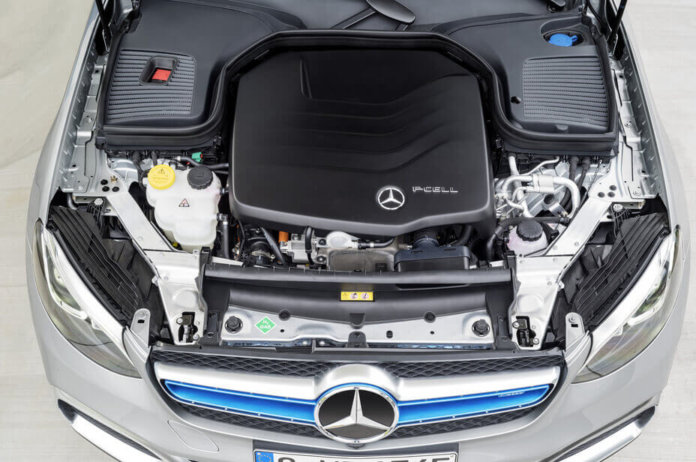Mercedes-Benz Cars, a division of Daimler AG, says it is pushing ahead with “the transformation to emission-free mobility.”
According to the automaker, sustainability is one of the key elements of Daimler’s corporate strategy and, at the same time, a benchmark for corporate success. Daimler’s future chairman of the board of management, Ola Källenius, who is currently responsible for group research and Mercedes-Benz Cars development as a member of Daimler’s board of management, presented the targets for the car division under the heading “Ambition2039” at a press event.
Over the next 20 years, said Källenius, Mercedes-Benz Cars aims to have a carbon-neutral new passenger car fleet.
“Let’s be clear what this means for us: a fundamental transformation of our company within less than three product cycles,” he said. “That’s not much time when you consider that fossil fuels have dominated our business since the invention of the car by Carl Benz and Gottlieb Daimler some 130 years ago. But as a company founded by engineers, we believe technology can also help to engineer a better future. Our way to sustainable mobility is innovation – in a holistic approach along the entire value chain.”
Further, according to Källenius, the automaker wants to offer customers a “carbon-neutral driving experience.” Today in Oslo, Norway, at a press test drive of the Mercedes-Benz EQC (with a combined electric energy consumption of 20.8 – 19.7 kWh/100 km and combined CO2 emissions of 0 g/km), the company introduced “the first of an entire generation of electric Mercedes models.”
The automaker also aims to have plug-in hybrids or all-electric vehicles make up more than 50% of its car sales by 2030.
“We will continue to offer our customers performance and luxury from Mercedes. At the same time, we want to significantly reduce CO2 emissions per vehicle,” Källenius said. “Our R&D team is working together with established partners and startups alike to bring EV performance up and costs down.
“Our approach also includes the continuous development of our mobility services, to spread the use of electric models. In addition to cars, we’re also electrifying our vans, trucks and buses. And the modular development enables the rapid transfer of technology between our divisions.
“Our current focus is on battery-electric mobility. But there’s also room and need to continue to work on other solutions – for example, the fuel cell or eFuels. Our GLC F-CELL (combined hydrogen consumption of 0.34 kg/100 km, combined CO2 emissions of 0 g/km and combined power consumption of 13.7 kWh/100 km) is one proof point. This technology will also find use in our city buses. Today, no one knows for sure which drivetrain mix will best serve our customers’ needs 20 years from now. That’s why we encourage policymakers to pave the way for tech neutrality: Let’s fix the target, but not the means to achieve it.”
More of Källenius’ speech can be found here.





